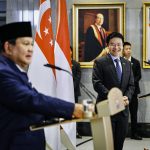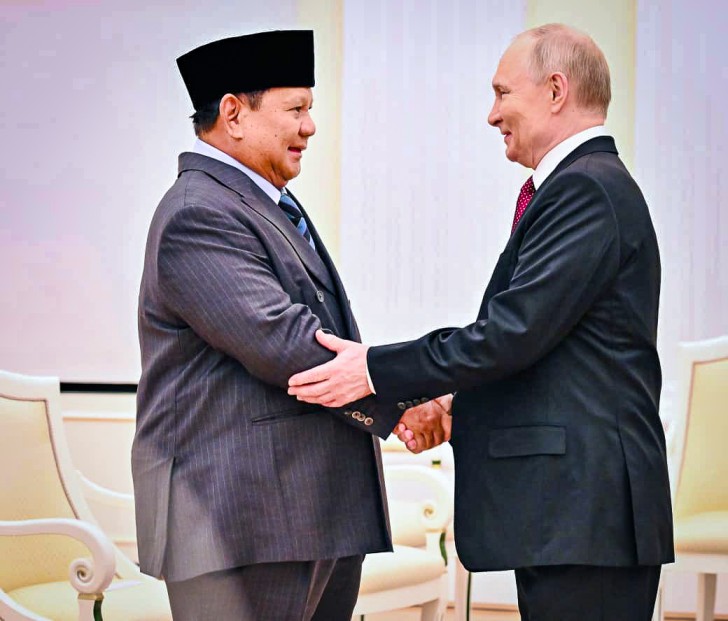Indonesia targets economic growth at 5.3 pct in 2023

The government will continue to encourage consistent production expansion to create as many job opportunities as possible.
Jakarta (Indonesia Window) – The Indonesian government has set a target of its economic growth in 2023 at 5.3 percent, President Joko Widodo said when presenting a draft law on the 2023 state budget and its financial note at the parliament building here on Tuesday.
“The economic growth in 2023 is estimated at 5.3 percent. We will do our best to maintain the sustainability of the strengthening of the national economy,” President Joko Widodo (Jokowi) said.
On the occasion, the president conveyed the growth rate which was based on consideration of the current dynamics of the national economy, the development agenda that would be achieved, as well as the potential risks and challenges.
The head of state further said to meet the economic growth target, the government will continue to encourage consistent production expansion to create as many job opportunities as possible.
“New sources of growth must be realized immediately. The implementation of various structural reform agendas continues to be accelerated for economic transformation. Investment must be encouraged and the competitiveness of national manufactured products in the global market must be increased,” President Jokowi said.
The strengthening of the private sector as a growth engine and fiscal policy management should be more directed to create a balance between improving productivity and competitiveness, Jokowi explained.
According to him, this can be done by maintaining fiscal health and sustainability to deal with future risks and uncertainty.
“The right policy mix, as well as synergy and closer coordination among the authorities of the fiscal, monetary and financial sectors will become a strong asset in the context of accelerating the national economic recovery and strengthening the financial system stability,” the president added.
Regarding inflation, President Jokowi said that inflation would be maintained at around 3.3 percent, and the state budget policy would still be directed at anticipating inflationary pressures from external sources, especially energy and food inflation.
“The assumption of inflation at this level also illustrates the sustainability of the recovery of the demand aspect, especially due to the improvement in people’s purchasing power,” he said.
Furthermore, the average exchange rate of the rupiah (Indonesian currency) is estimated to move around 14,750 rupiahs per U.S. dollar and the 10-year average interest rate on the state bond is predicted to be at the level of 7.85 percent.
“The price of the Indonesian crude oil (ICP) is estimated to be around 90 U.S. dollars per barrel. On the other hand, the oil lifting and gas lifting are estimated to reach 660 thousand barrels per day and 1.05 million barrels of oil equivalent per day respectively,” he explained.
Recover faster
In his speech, President Jokowi pointed out that Indonesia was appreciated as one of the countries that managed to overcome the pandemic and recover its economy quickly.
“Indonesia’s economic recovery is in an ever-increasing trend, growing 5.01 percent in the first quarter and significantly strengthening to 5.44 percent in the second quarter of 2022,” the president said.
Strategic sectors such as manufacturing and trade grew expansively, supported by recovering public consumption and solid export performance, he added.
Meanwhile, the trade balance has experienced a surplus for 27 consecutive months, the president said, adding that the manufacturing sector which experienced a strong recovery played a role in supporting the high performance of national exports.
“This reflects the success of the industrial downstream strategy that we have implemented since 2015. The high export performance is also supported by the mining sector in line with rising global commodity prices,” the president said.
The head of state mentioned that the transportation and accommodation sectors which were most affected by the pandemic are also starting to recover, growing 21.3 percent and 9.8 percent in the second quarter of 2022 respectively.
“In July 2022, the Purchasing Managers’ Index (PMI) indicator increased to 51.3 percent, reflecting a stronger direction of recovery in Semester II,” he noted.
Reporting by Indonesia Window

.jpg)








